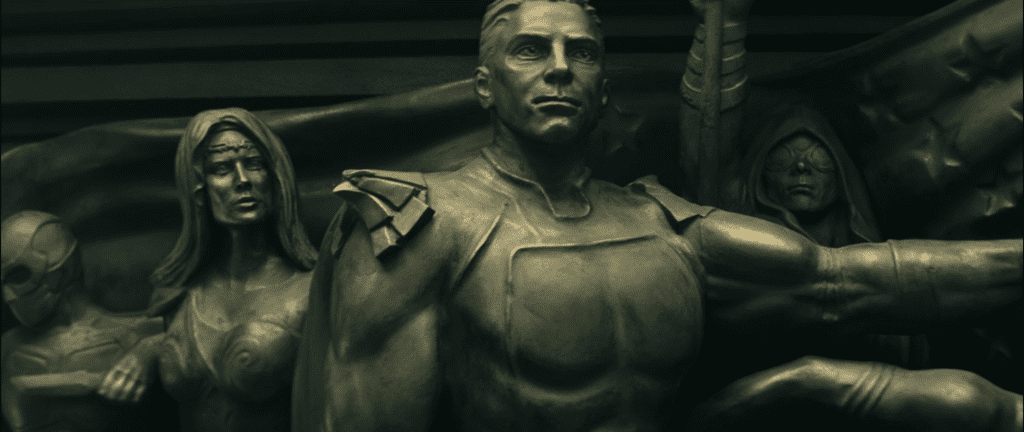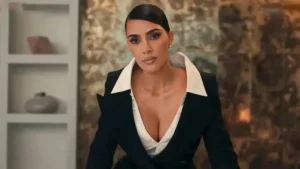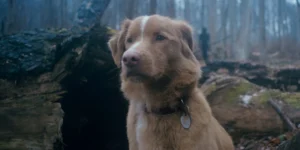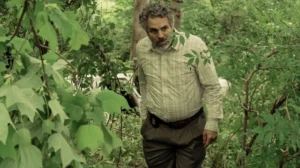Summary
The Boys takes on the dark side of superheroes, gazing wide-eyed into the natural consequences of what the world would look like if superheroes truly existed and were as flawed as regular people. This Amazon Prime Original series is darkly funny as well as shocking to just about all senses and sensibilities.
Amazon’s newest original series, The Boys, is like a much, much darker version of The Tick. Way darker. But still really funny and incredibly well made. It’s created by Eric Kripke (of The X-Files and the creator of Supernatural), along with the creative pair of Evan Goldberg and Seth Rogen, and it’s based on the comic books by Garth Ennis and Darick Robertson. It’s also trying to say a lot – and it is saying a great deal – but I don’t know that it’s saying all that it thinks it is, or that its message isn’t compromised by its own content.
The world of The Boys is one in which superheroes exist. They’ve taken pop culture by storm, starring in movies and TV series, continually monitoring social media and walking the red carpet. They’ve essentially privatized police work, with one corporation, Vought International, outsourcing superheroes to major cities in exchange for major multi-million dollar corporate PR deals. The top tier group of those superheroes is The Seven (sort of The Avengers or the X-Men of this universe). The Seven are led by Homelander (Anthony Starr), their Superman, as well as The Deep (Chace Crawford), their Aquaman, Translucent (Alex Hassell), who’s the Invisible Man and who lounges about in women’s restrooms, A-Train (Jessie Usher), who’s the Flash, and a few others who don’t get nearly enough screen time.
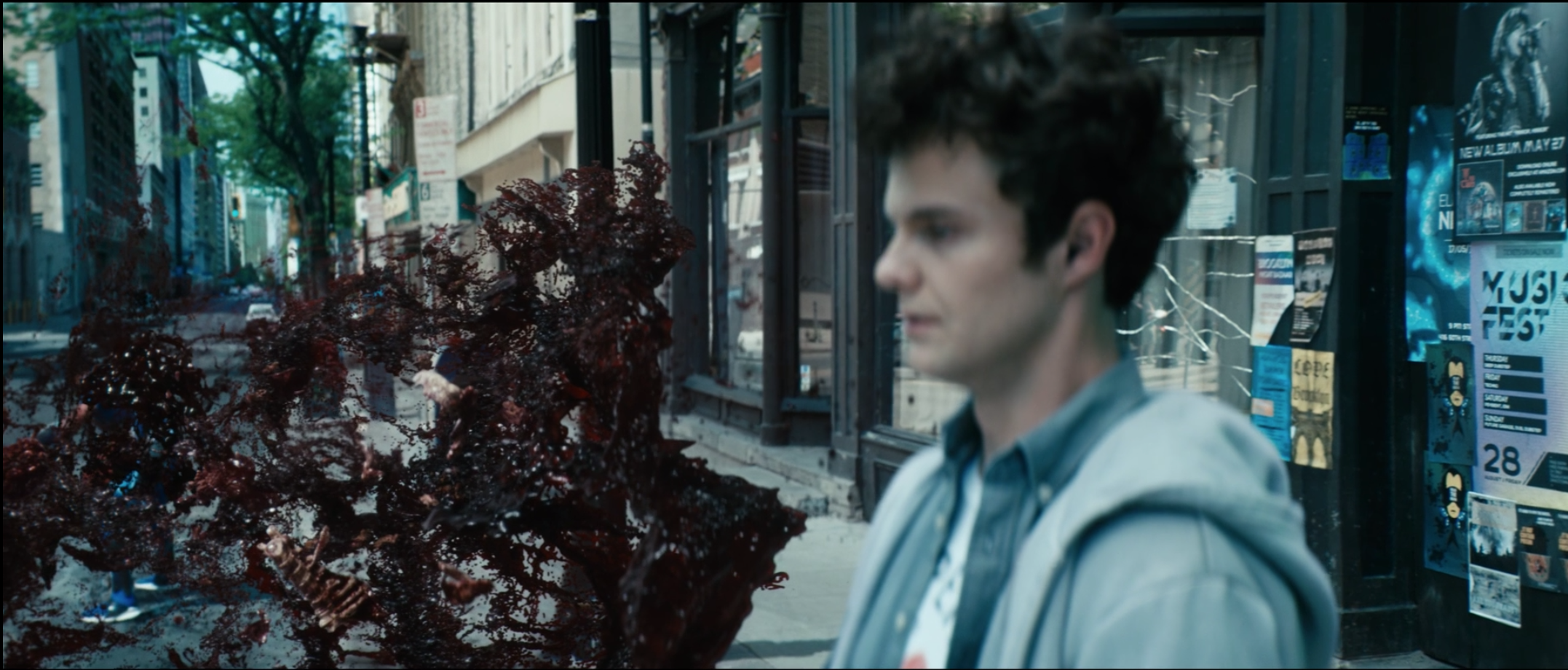
Then, one day, Hughie Campbell (Jack Quaid) loses his girlfriend when A-Train accidentally runs through her so fast and surprisingly that he accidentally swallows one of her molars and covers Hughie in her blood. So Vought offers to pay Hughie off if he’ll sign a non-disclosure agreement. This leads Hughie on a mission to expose the problematic habits of The Seven and Vought. He meets The Boys, a group dedicated to taking down “the supes” at all costs.
The Boys asks one central question: what would the world look like if superheroes existed?
With that question come natural, deeper follow-ups. What would the consequences be? What would those heroes truly be like? They’re humans imbued with incredible, world-changing powers – what would those powers do to them? How would the world react? And would the aid rendered to the world outweigh the darkness roiling beneath the surface of those gods who walk the earth?
Superhero films and comics have wrestled with similar questions for years. From Alan Moore’s The Watchmen or Frank Miller’s The Dark Knight Returns, let alone the actual comic The Boys by Ennis and Robertson. We know that regular people are inherently flawed and do enough damage to the world around us. How would superheroes be?
These are excellent, mind-bending questions that The Boys pursues with gusto. It’s when it gets a little high and mighty meta that it begins to fall into its own trap just a bit.
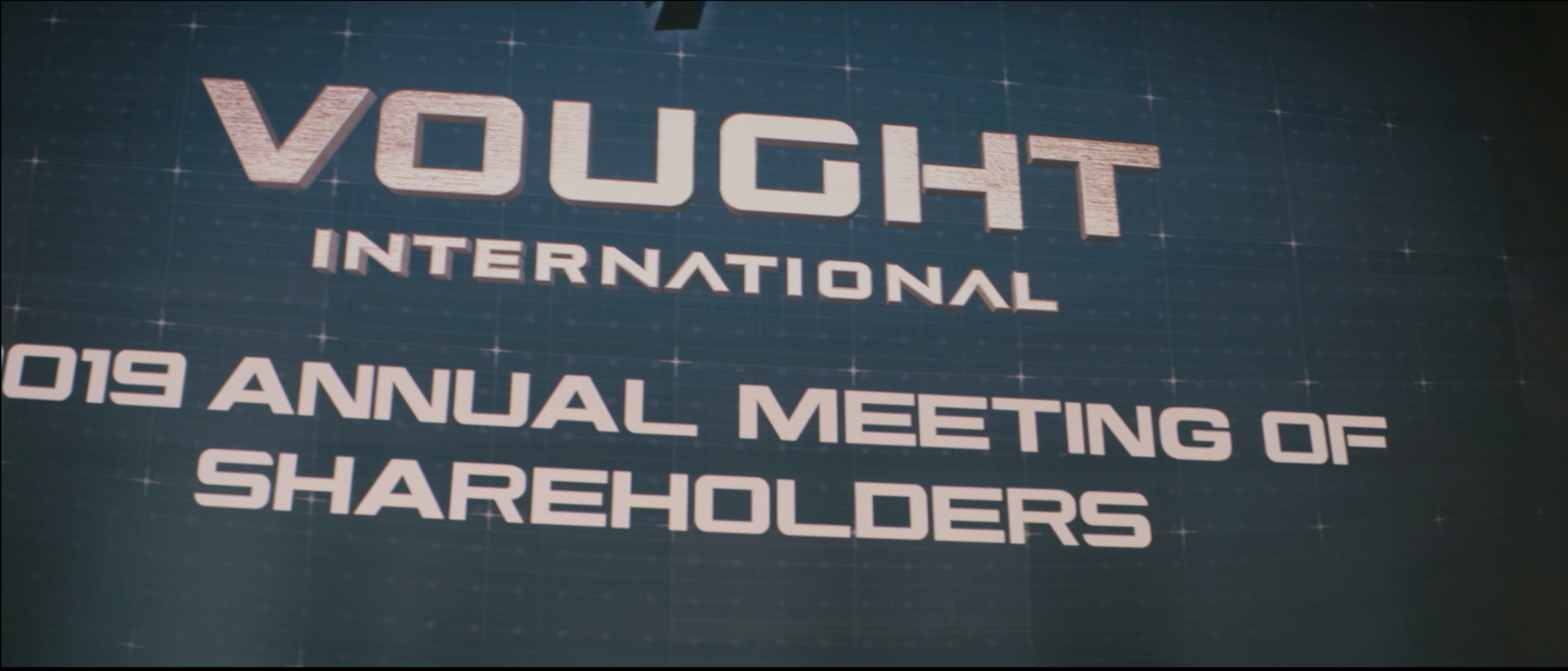
Superheroes are corporate now (part of the Vought International family). They audition talent, they star in films, they walk the red carpet, they have shareholders. They poll. They do product sponsorship. They’re deeply corrupt. Corporate greed has taken over the superheroes. They’ve become an industry. They’ve become the evil they claim to fight. I’m the open, the big bad supervillains are taken down, sure, but behind closed doors, the superheroes are just as evil, just in a different way. And they depend on the complacency of the public, allowing them to act with impunity because they’re made safe. They’re dark and depraved and duplicitous — and they get paid and adored regardless of that collateral damage.
A further question arises: what if the Avengers had lawyers and covered their butts after mistakes? “Supes are like cops, they can’t be charged for damages while they’re on the job.”
Then comes Billy Butcher (Karl Urban), a rogue agent who philosophizes about the corruption-riddled superheroes and how they need to be stopped before they hurt countless more people. “They lose hundreds of people a year to collateral damage and it all gets swept right under the rug.” No one talks about it. Why? “Ain’t it obvious? Movie tickets, merchandise, theme parks, video games, a multi-billion dollar global industry supported by corporate lobbyists and politicians on both sides. The main reason you won’t hear about it is because the public don’t wanna know about it. See people love that cozy feeling supes give them. Some Golden c— swoops down to save the day so you don’t gotta do it yourself… But if you knew half the s— they get up to… f—ing diabolical.” Not only do they pay off the victims of their collateral damage and require NDAs, but they blackmail politicians, murder innocents, and go on sexual benders that corporate must smooth over.
This is where the superhero analogy truly hits home. On one hand, the series seems to just be taking hollow potshots at the easiest of targets: corporations and the 1%. Sure. Go for it. But the series has actually taken aim at the rich and powerful individuals who run amok and destroy lives while smiling for cameras and looking at optics. It’s the Hollywood elite themselves.
Early in the first episode, Starlight (Erin Moriarty recently from Jessica Jones) an Iowan superhero auditions for The Seven. The whole thing feels like a dark casting couch scenario. This is only made more problematic when the Deep forces Starlight into sex to prove her commitment to the team while literally saying, “Think of the kids” who she’ll disappoint if she says no. This is just the tip of the depraved iceberg of these superheroes. They’re all horrible in their own ways. This is where the commentary really gets going: think of the Kevin Spaceys and Harvey Weinsteins of the world who have this huge power and influence in the palms of their hands, ready to take advantage of those who earnestly want something good. Starlight asks, “Since when did hopeful and naive mean the same thing?” In this dark and twisty world, there’s no such thing as innocence. These superheroes control the narrative in every way. “I’m a f—ing superhero, guy. We fight gangs and terrorists, we save the world daily. I’ve stood in front of thousands of screaming fans… Who are you? A water balloon filled with blood and meat…That’s who you are and that’s who I am. You’re not the hero of this story.”
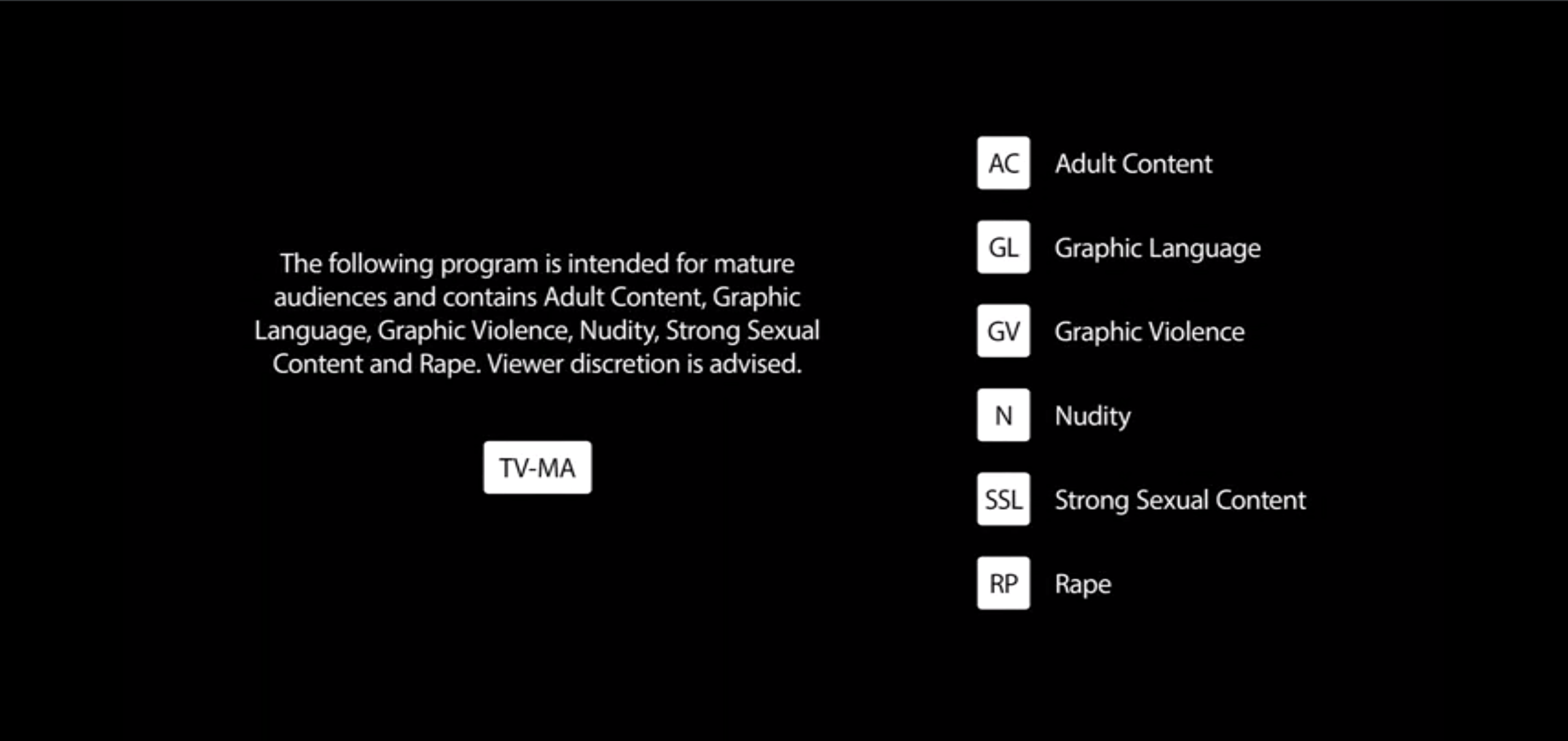
The Boys started out with the biggest TV-MA disclaimer I’ve seen ever — more than any episode of Game of Thrones. And it largely earns the rating, but it’s trying too hard at times. Truly, much of these things are right at the core of the show’s ethos: what if gods walked among us, but far from being boy scout Supermen, they’re the embodiment of “Absolute power corrupting absolutely.” Graphic gore and violence pervade The Boys, what would be the results if actual superpowers were depicted as realistically as possible. Something Marvel and DC hinted at with talk of consequences in their films — things like the Sokovia Accords or Superman’s destructive saving of Metropolis. This brings that next-level violence right home, in your hands, splattered all over your face, dripping on your shoes. However, they revel in the means of getting this same point across too much at times, much like Game of Thrones did, especially in its earlier seasons. We don’t need excessive, gratuitous nudity to make the point. In fact, it distracts from the good point they’re making.
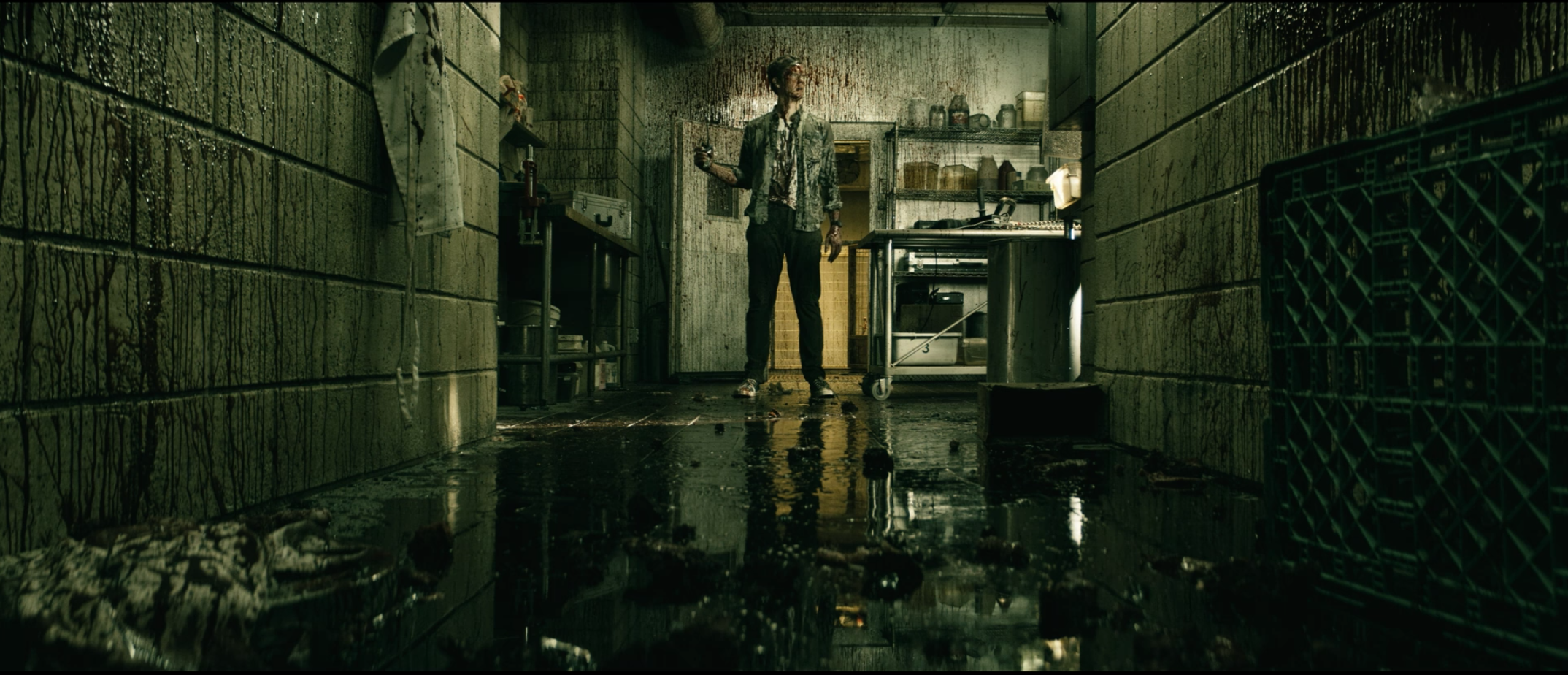
The performances throughout The Boys are really superb. Elisabeth Shue stands out as Madelyn Stillwell, the VP of Vought International, who manages the superheroes and gets increasingly diabolical as we watch. Jack Quaid is earnestly awkward as he vacillates about the road he’s walking down, which makes sense – he’s a regular human fighting the Avengers, after all, while Erin Moriarty seriously sells her struggles as a fledgling superhero with her illusions shattered everywhere she turns. But the stand out is Karl Urban, who’s always at his best, regardless of the role, and he’s clearly having a blast here as the grizzled antihero.
The Boys is good. Very good. Despite its dark, bloody tone, it maintains a lining of humor that prevents it from becoming depressing. It’s well-acted throughout, with strong visual effects that most superhero series can’t achieve, and a thought-provoking premise. Unfortunately, I don’t think that it’s actually saying everything it thinks it is, because it falls into the trap of reveling in some of the things it’s criticizing. That being said, it’s a seriously fun show and an excellent thought experiment, but it’s by no means light or for the faint stomached.

